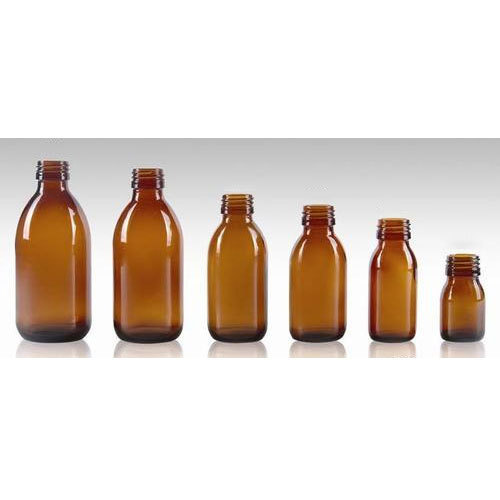Read This If You Ever Want To Buy Glass Bottles From Angola
Read This If You Ever Want To Buy Glass Bottles From Angola
In the world of business, it is essential to know about the various raw materials that are available for manufacturing goods. Raw materials will determine the type of finished goods you can create and how much you can sell them for.There are many competing factors that come into play when choosing raw materials suppliers. One of those factors is risks associated with operating in a country or sourcing from a particular supplier. These risks include political instability, corruption, potential discrimination, and human rights violations.It’s not always easy to find information about these risk factors when researching suppliers from different countries. However, there are a few key things every business operator should look out for if they intend to source from Angola anytime soon.This article covers all the pitfalls to avoid if you ever want to buy glass bottles from Angola as an example of a risky supplier that you should stay away from in your business operations.
Corruption and Fraudulent Practices Are Common
Corruption is a major issue in many African countries, including Angola. It’s one of the most reliable ways to make money in the country, and even young people who have just entered the work force are already accustomed to this system. Corruption is rampant not just in the government but also in private businesses. There are many stories of businesses who operate in Angola without the knowledge that their business partners are fraudsters. Fraudulent practices are in many cases a part of the culture, and it’s part of how business is done in Angola. There are many articles about how the oil and gas sector in Angola is seriously affected by corruption, and that corruption is even a larger issue in the agricultural sector.
Human Rights Violations Are Widespread
As a result of the long and devastating civil war in Angola, the country has had a hard time putting the pieces of its society back together. This has meant that basic human rights violations have been widespread in the country. The Angolan government has a poor record when it comes to human rights, with many citizens facing discrimination on the basis of ethnicity or religion. There are also reports of government officials involved in serious human rights violations. Many human rights organizations are alarmed by the increasing violence and general violation of human rights in the country. Some of the violations include the killing of political opponents, arbitrary arrests and imprisonments, torture and arbitrary executions, and restrictions on freedom of expression. The Angolan government often denies these allegations and takes no action on them.
The Labour Force Is Exploited
There are many reports of human rights violations in Angola, many of which affect the country’s workers. In many cases, Angolan workers don’t even have basic rights guaranteed by law. Disputes between workers and employers are often settled in favour of employers. There have been reports of the government taking action against trade unions and human rights activists. Child labour is also a serious issue in Angola, with many children being forced to work in dangerous conditions. Child labour is often disguised as “child work” that vouches for the parents being responsible. There are also many reports of forced labour in Angola, with people being threatened and detained by the government if they don’t work.
The Environment Is Being Destroyed
Angola has long been one of the most ecologically vulnerable countries in Africa, and it hasn’t taken long for the country’s fragile ecosystem to be devastated by its rapid industrialization. There are many reports of the government ignoring environmental regulations. There are several initiatives to protect the environment, but these initiatives don’t receive very much support from the government. There are many concerns over the government’s eagerness in partnering with international companies that are known for being careless with the environment. For example, the government’s partnership with Chinese construction companies has been criticized for being careless with the environment.
Conclusion
Angola has a long way to go before it can confidently expand into the international market as a reliable supplier of raw materials. While this doesn’t mean that businesses should completely avoid sourcing from the country, it’s important to understand the risks involved in doing so. It’s essential to know about the various raw materials that are available for manufacturing goods. Raw materials will determine the type of finished goods you can create and how much you can sell them for. Choosing raw materials suppliers is a competitive process, and one of the many factors that come into play is the risks associated with operating in a country or sourcing from a particular supplier. These risks include political instability, corruption, potential discrimination, and human rights violations.








LEAVE A COMMENT
You must be logged in to post a comment.